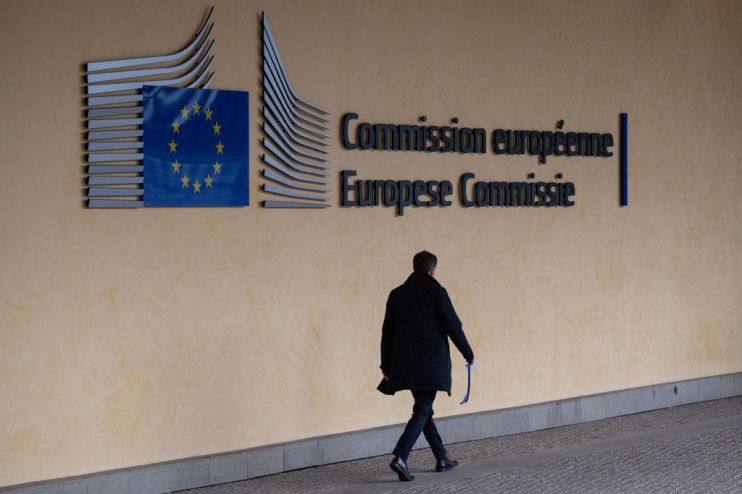Brexit: No breakthroughs expected in fresh round of UK-EU trade talks

No major breakthroughs are expected in Brexit trade talks this week as UK and EU negotiators remain deadlocked on several major areas.
Sources close to the UK negotiating team said they were not expecting much progress on the biggest flashpoints – such as EU access to UK fishing waters and business competition regulations – over the next four days and that there would need to be political intervention for gaps to be bridged.
The fourth round of talks between the UK and EU begin tomorrow and will be the last before both sides take a break to assess progress so far.
Prime Minister Boris Johnson and EU Commission President Ursula von der Leyen will also meet this month at a yet to be confirmed date.
The government initially said it would make a decision by June if it is worth continuing negotiations or if it will walk away and prepare to leave the transition period on 31 December without a deal.
City A.M. understands that the June deadline may have been slightly softened, but that a decision will be made before autumn.
A source close to chief UK negotiator David Frost said the team were not expecting much movement on key areas until Johnson and van der Leyen conducted high-level meetings.
Before the Open: Get the jump on the markets with our early morning newsletter
They added that there “may be some movement on fishing policy” in this round of negotiations, but that the team was not “not really expecting a dramatic breakthrough this week”.
Talks have heated up in the past few weeks as Frost and EU negotiator Michel Barnier traded barbs over their respective positions.
Frost said that Brussels was offering the UK a “low quality trade agreement”, while Barnier accused Frost of trying to “cherry pick” from other EU free trade agreements.
The two largest areas of contention are fisheries policy and the so-called level playing field.
The EU is asking for its member states to retain the same fishing access they had to UK waters as when Britain was in the EU – a position that has been described by Frost as “not a runner for us”.
Brussels is also asking that the UK mirrors EU regulations on things like labour laws, environmental protection and state aid to the private sector.
In return for this level playing field, Brussels will continue to trade with the UK on a zero-tariff basis.
Frost said last week that while he believed some movement was beginning to happen on fisheries that the two sides were still far apart on level playing field discussions.
“We all want zero tariffs, zero quotas and that’s what we said in the political declarations that we wanted and we still hope to get it,” he said.
“We are not saying there can be no level playing field provisions, we’re simply saying they must be provisions which are appropriate to a free trade agreements like are found in the Japan or Canada agreements and that’s what we’ve put forward.”
Barnier said after the last round of negotiations that the UK “did not engage in a real discussion on the question of the level playing field”.
He added: “Our Member states have been very clear that, without a level playing field, and without an agreement on fisheries, there will be no economic and trade partnership agreement.”
The latest round of negotiations begin as mayor of London Sadiq Khan today called for an extension to the transition period past 31 December.
The mayor of London wrote today to chancellor of the Duchy of Lancaster Michael Gove, the minister responsible for the talks, to say an “extension to the transition period is now urgently needed to give businesses and public services some certainty” during the coronavirus crisis.
Responding to the letter, a UK government spokesperson said there would be no extension.